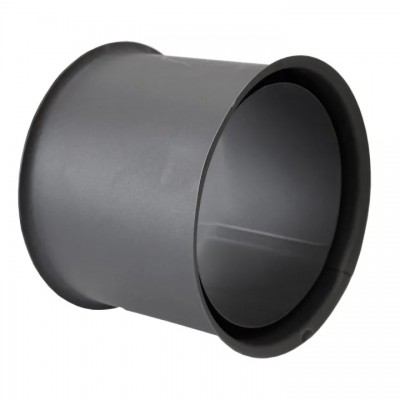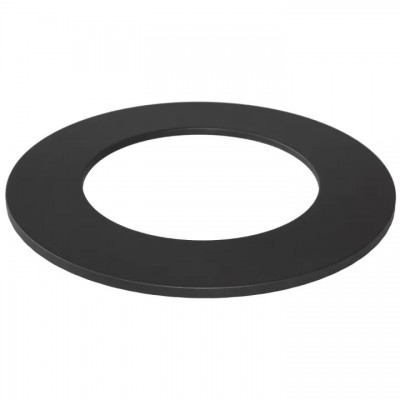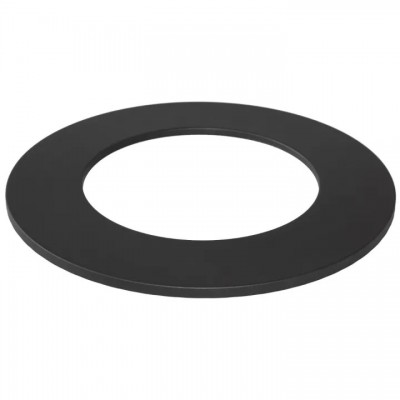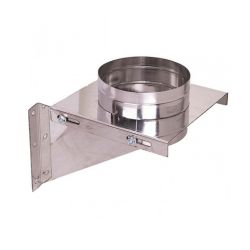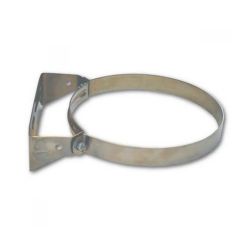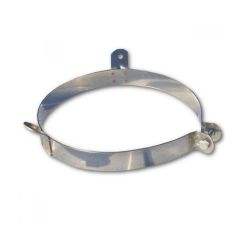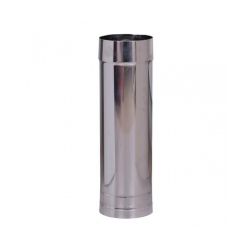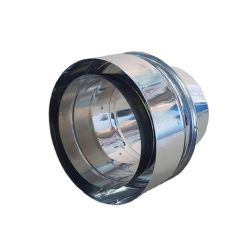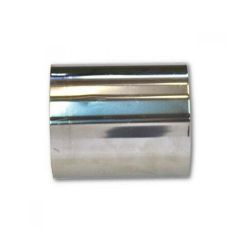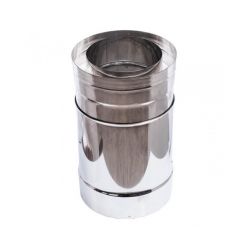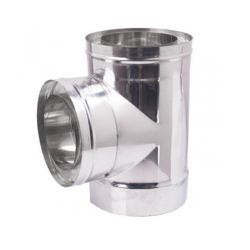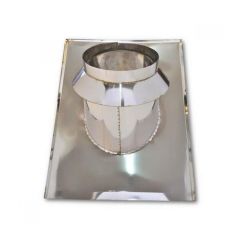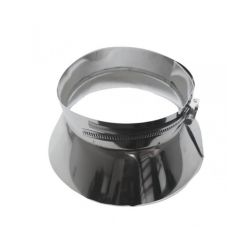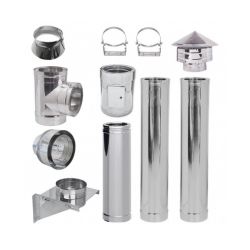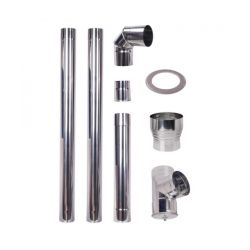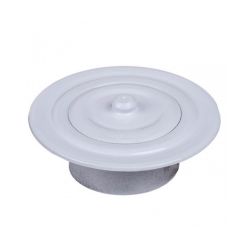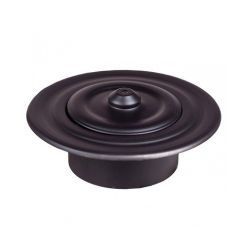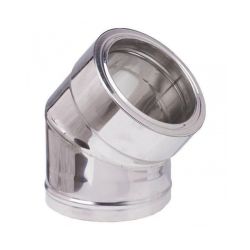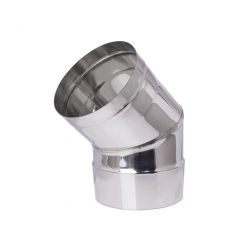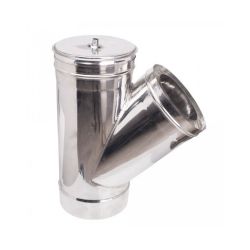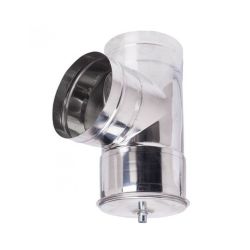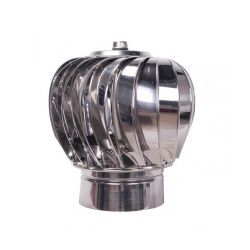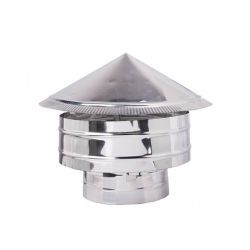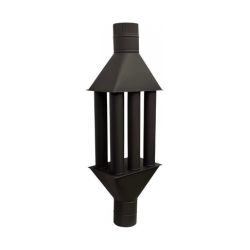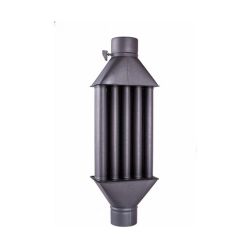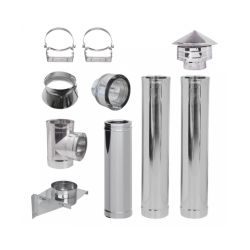Chimney


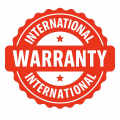

Chimneys – Everything you need to know about flue systems
As a crucial part of your heating system, the chimney must be designed to ensure a stable combustion process and safe exhaust of flue gases. It has been proven that high-quality chimneys enhance combustion efficiency, leading to lower fuel costs.
In our online store BalkanEnergy.CO.UK , you will find a wide range of flue kits and accessories for various heating appliances. Our metal chimneys with front laser welding are made of stainless steel AISI 304, certified according to European and International standards, and can be installed in new or renovated buildings. Our stainless steel chimneys have competitive prices and can be installed on wood burning stoves, pellet stoves, and boilers running on diesel, gas, solid fuel, and biomass.

How to choose the right flue system?
The choice of a chimney depends on several key factors:
-
Type of heating appliance – wood burning fireplace, pellet stove, wood stove furnace, etc.
-
Diameter of the flue pipes – must match the appliance's requirements.
-
Chimney material – stainless steel, ceramic, galvanized steel, etc.
-
Insulation availability – especially important for external chimneys.
Types of chimney elements and accessories
Chimney brackets are necessary for the stable attachment of flue pipes. They ensure a secure installation and prevent unwanted movement of the chimney during temperature expansions.
Flue pipes are essential for the proper exhaust of smoke gases. They can be single-wall or twin-wall (insulated), with materials including stainless steel, aluminum, and galvanized steel.
Flue adaptors are used to connect different diameters of flue pipes. They ensure a reliable and tight connection between different elements of the chimney system.
These flue pipes are specifically designed for better thermal insulation and protection against condensation. The insulation prevents heat loss and extends the lifespan of the chimney.
Chimney flashings provide additional protection against weather conditions such as wind, rain, and snow. They help maintain the functionality and durability of the chimney system.
Complete flue kits offer ready-to-install solutions for building flue systems. They include all necessary components, making installation easier and ensuring maximum efficiency.
Stove pipe rosettes provide an aesthetic and tight finish for the connection between flue pipes and walls or ceilings, enhancing visual appearance and preventing smoke and condensation penetration.
Stove pipe elbows are used to change the direction of flue pipes. They come in different angles (30°, 45°, 90°) and provide flexibility in constructing the chimney system.
Chimney tees allow branching of flue pipes, commonly used when installing additional heating appliances or servicing multiple heat sources.
Chimney Cowls prevent rain, snow, wind, and debris from entering the flue system. They also enhance chimney draft and optimize the combustion process.
Chimney Heat Exchangers increase heating efficiency by utilizing residual heat from smoke gases, leading to fuel savings and improved overall energy efficiency.
Specialized pellet stove pipes are designed to meet the specific needs of pellet heating appliances, typically including stainless steel and insulation to prevent condensation and ensure durability.
Useful tips for chimney maintenance
-
Regular Cleaning – Burning wood and coal leads to soot buildup, which can create a fire hazard. It is recommended to clean the chimney at least once a year.
-
Check for Damage – Inspect the chimney for cracks, rust, or damage that could affect safety.
-
Use the Right Fuel – Burning wet wood or unsuitable materials can lead to tar formation and clogging of the flue.
-
Install a Chimney Cowl – It protects against rain, snow, and birds entering, which can block the flue.
Frequently asked questions about chimneys
- How do I choose the right flue for my stove?
The choice of a flue depends on the type of your fireplace, the diameter of its flue outlet, and the specific requirements for venting the smoke. - What is the difference between a single-walled and a double-walled flue?
Single-walled flues are suitable for indoor use, while double-walled flues are insulated and ideal for outdoor use, where insulation is necessary. - Can I install the flue system myself?
It is recommended to have the installation done by professionals to ensure the safety and proper functioning of the system. - What is the purpose of chimney cowls?
Chimney cowls protect the chimney from water, snow, and birds, while also improving the draft of the flue system. - How often should I clean my chimney?
The chimney should be cleaned at least once a year, or more frequently if it is used intensively. - What are the advantages of heat exchangers for stoves?
Heat exchangers increase the efficiency of the stove by utilizing the heat from the smoke to warm the room. - Can a single-walled flue be used for outdoor installation?
No, it is recommended to use double-walled insulated flues for outdoor installation. - How do I choose the right chimney cowls?
The choice of a chimney cowls depends on the diameter and type of the chimney, as well as the local climate conditions. - Can a flue system be installed in an existing chimney?
Yes, there are special systems designed for installation inside existing chimneys. - How do I know if my chimney needs cleaning or repair?
Signs that your chimney needs cleaning or repair include poor draft, smoke entering the rooms, and visible damage to the chimney. - What are the most common problems with flue systems?
The most common problems include blockages, corrosion, and inadequate insulation. - Can a double-walled flue be used for indoor installation?
Yes, double-walled flues can be used indoors, but they are primarily designed for outdoor use. - What should I do if I notice smoke in the room?
Stop using the heating appliance immediately and consult a professional to inspect the chimney.

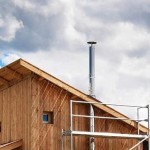
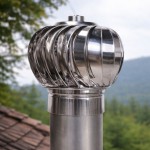
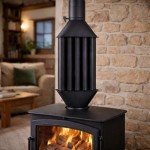
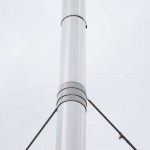
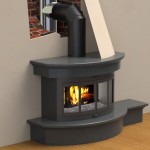
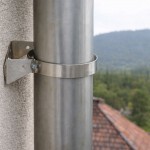
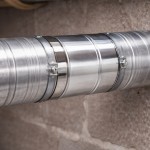
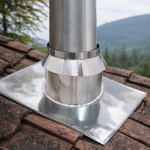
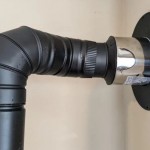
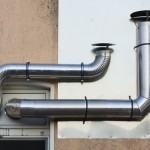
-150x150h.jpg)

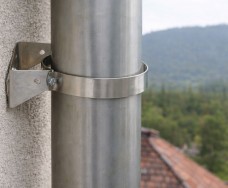
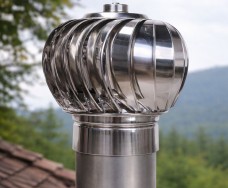
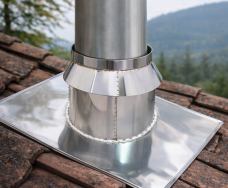
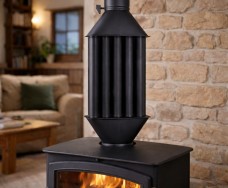
-228x188h.jpg)
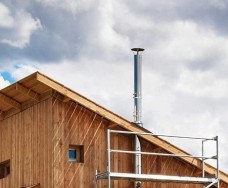
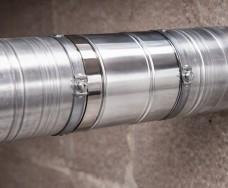
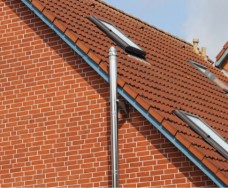
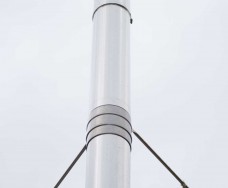
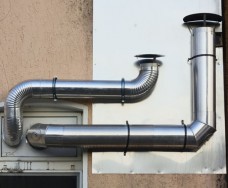
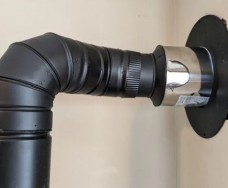
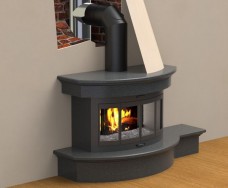
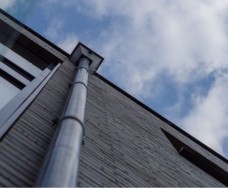
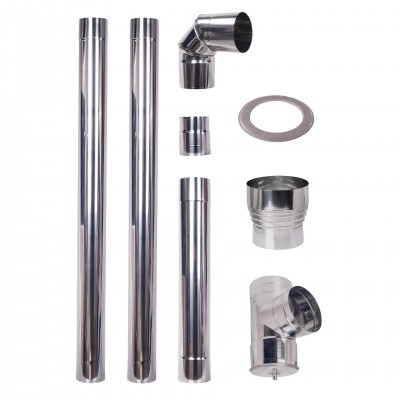
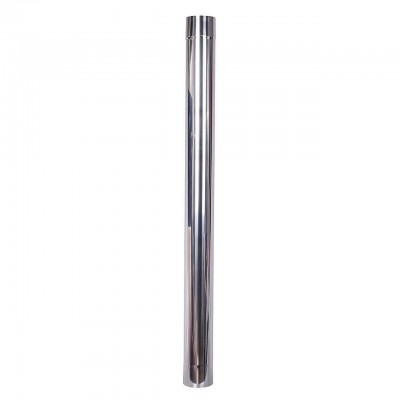
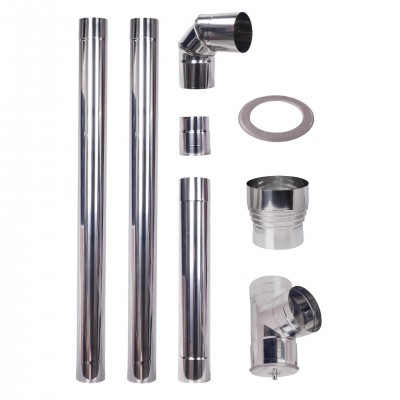
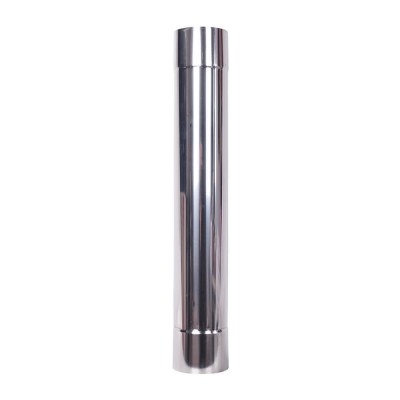
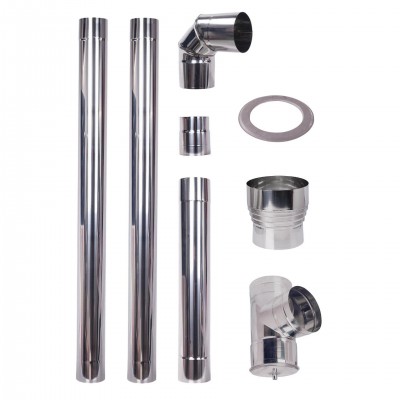

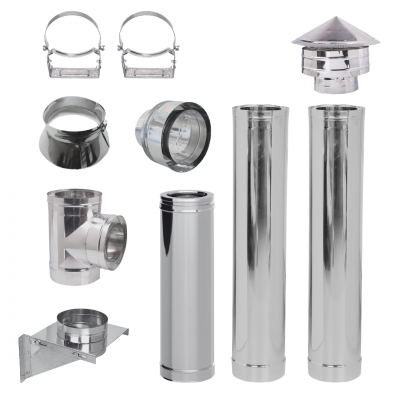
68-400x400h.jpg)
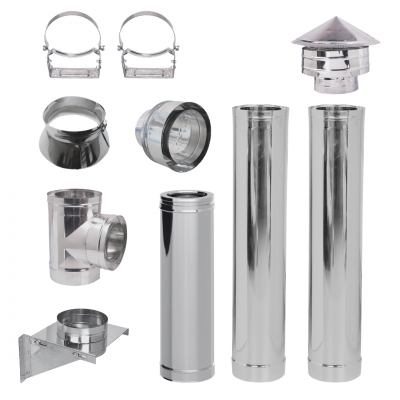
73-400x400h.jpg)
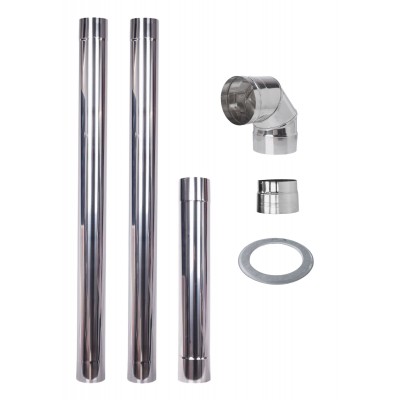
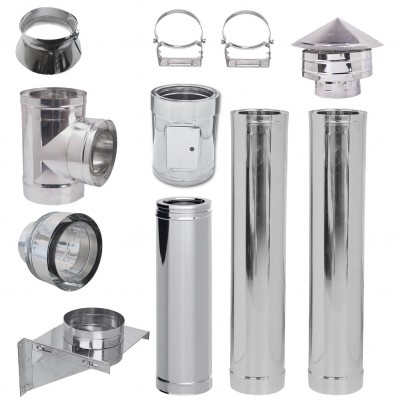
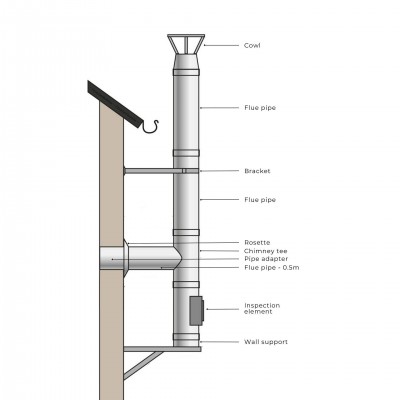
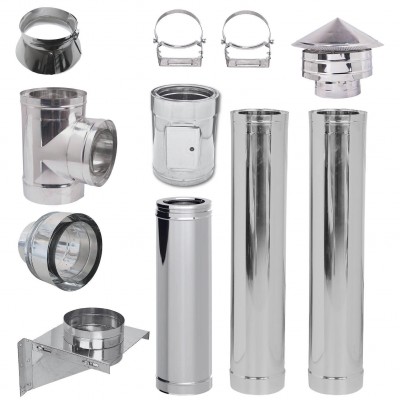
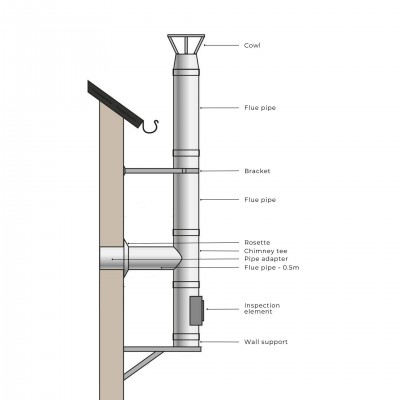
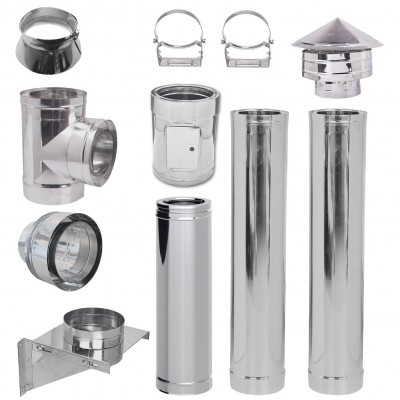
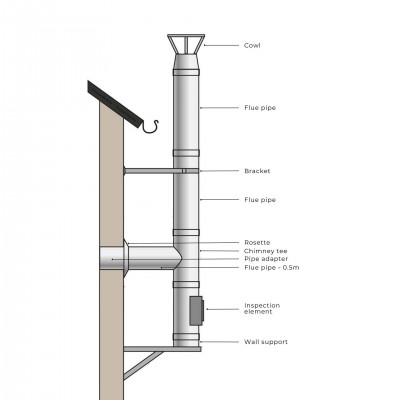
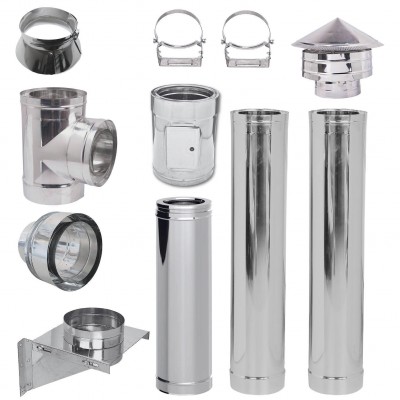
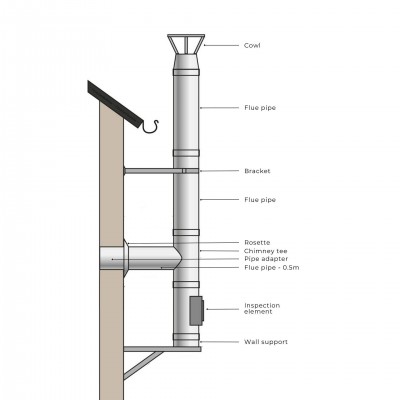
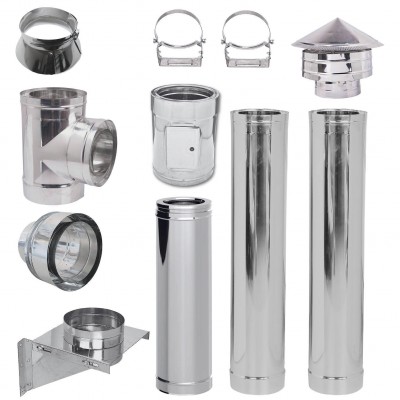
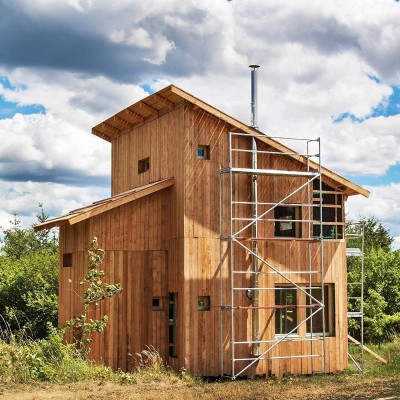
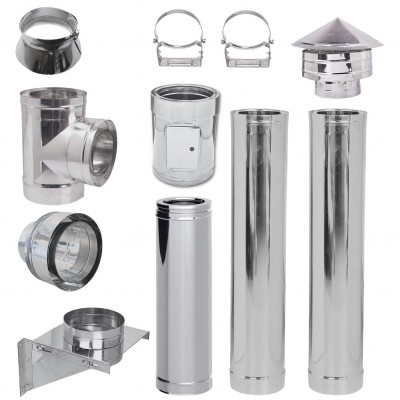
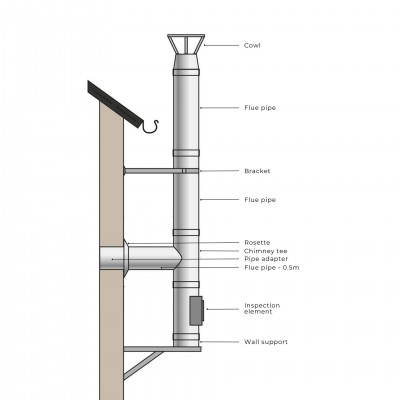
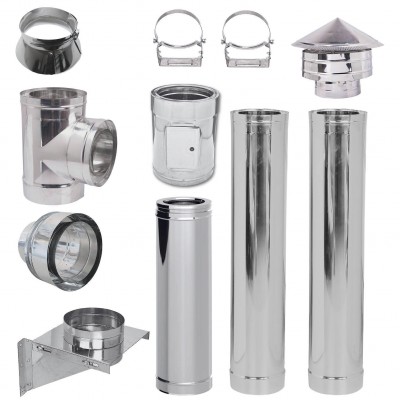
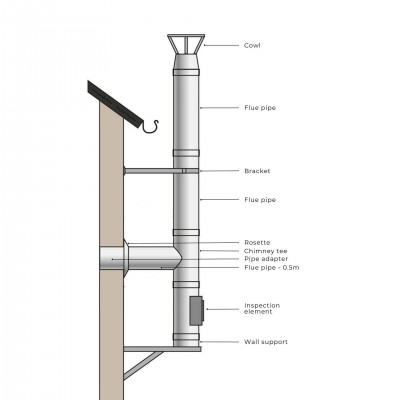

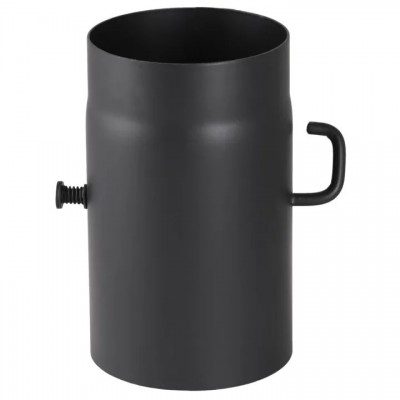
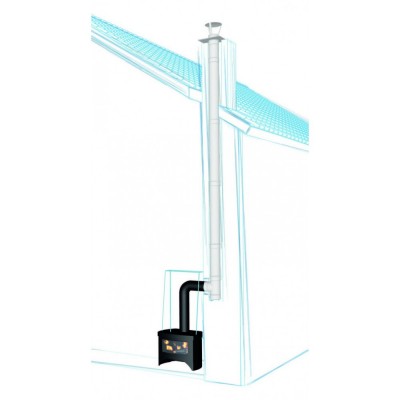
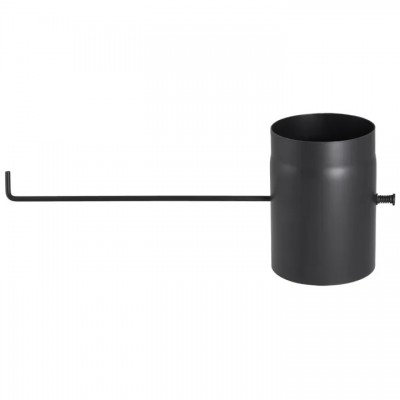
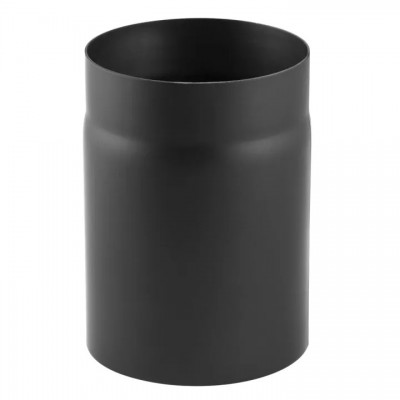
-400x400.jpg)
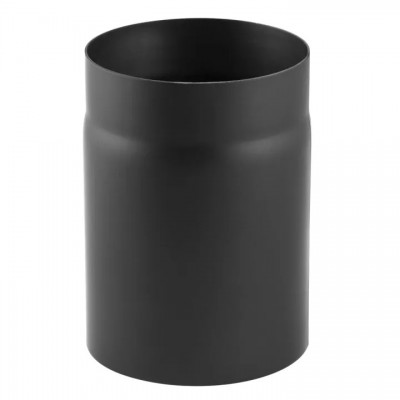
-400x400.jpg)
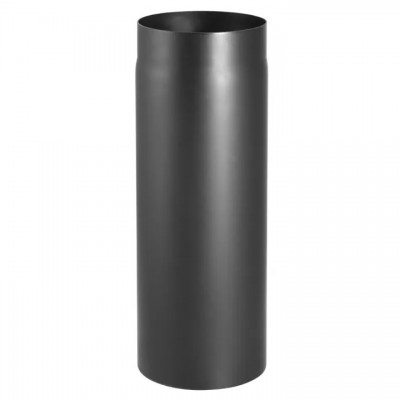
-400x400.jpg)
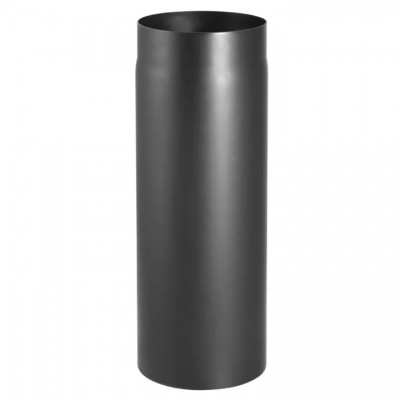
-400x400.jpg)
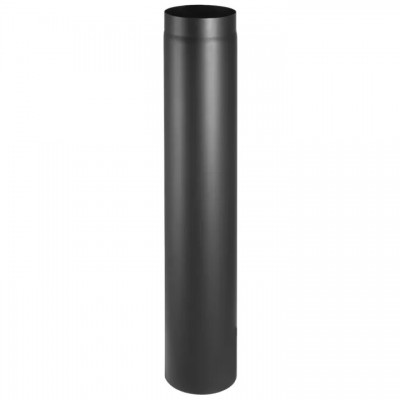
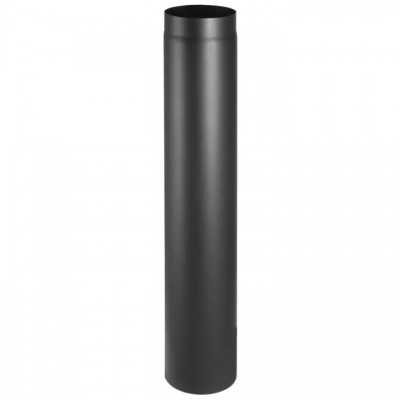
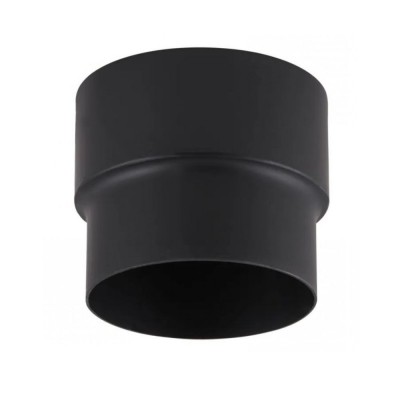
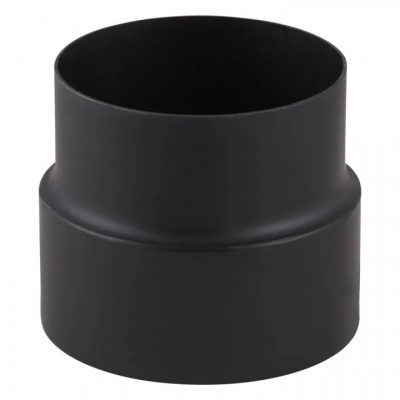
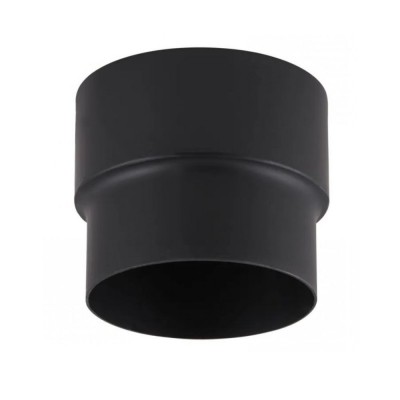
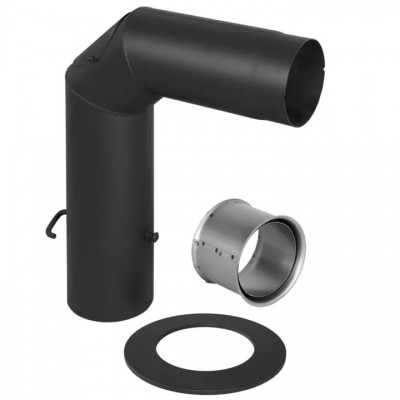
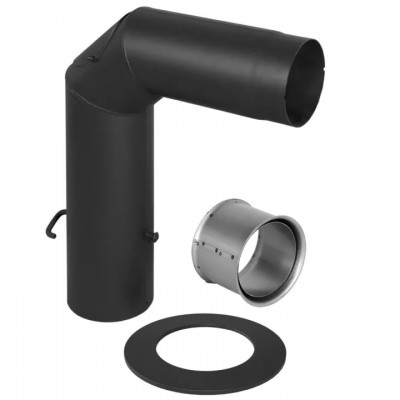
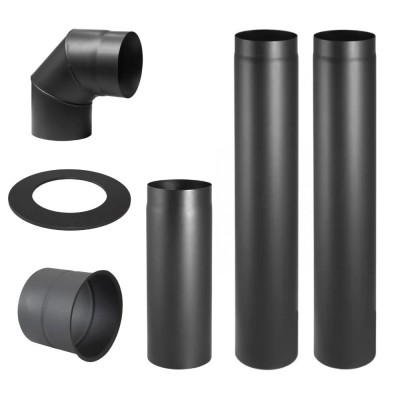
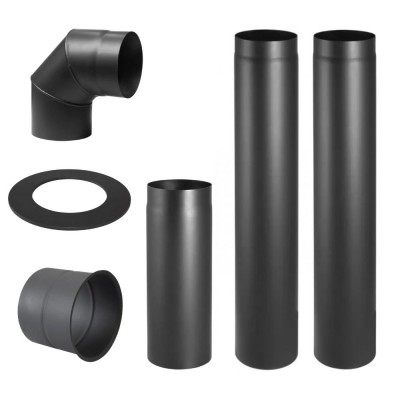
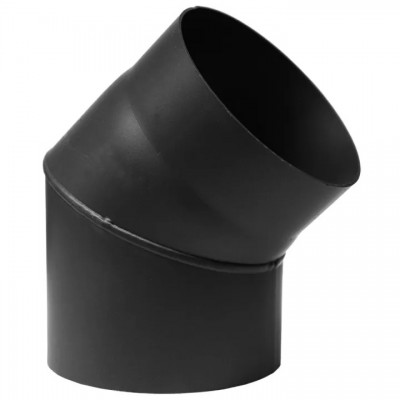
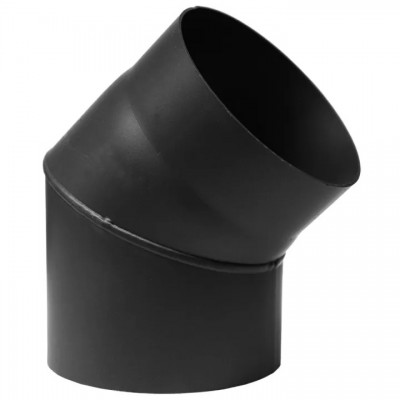
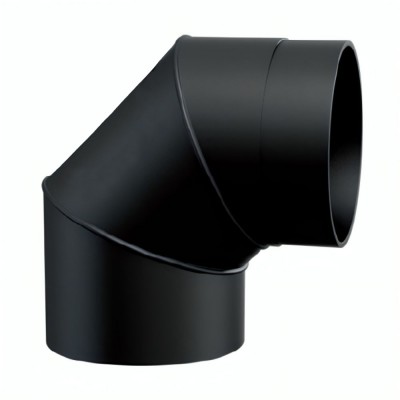
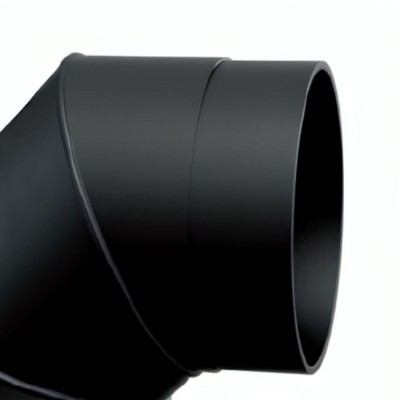
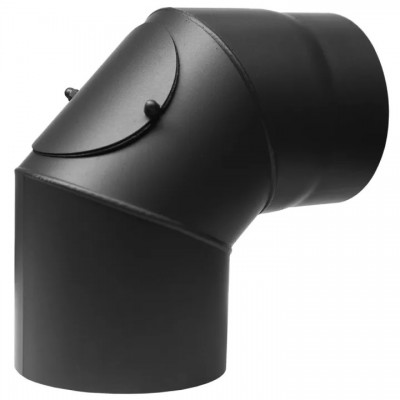
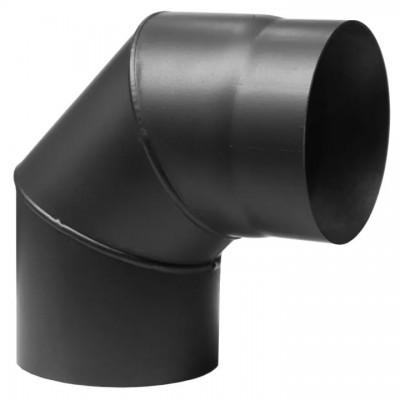
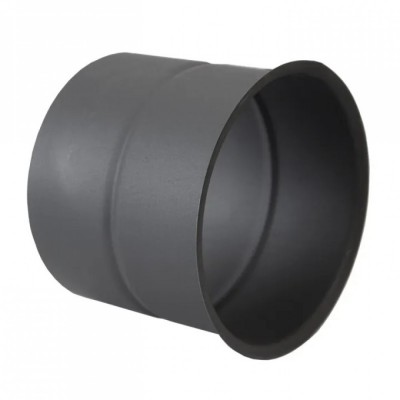
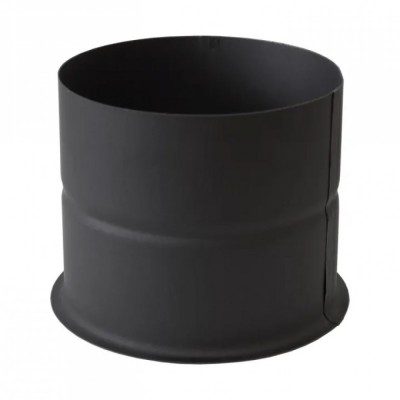
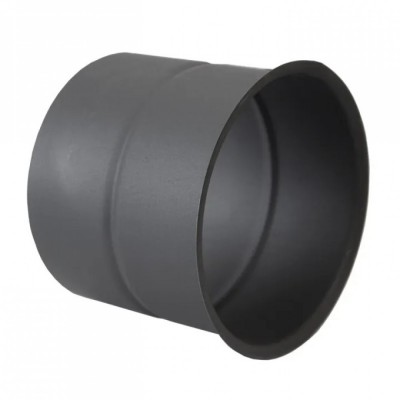
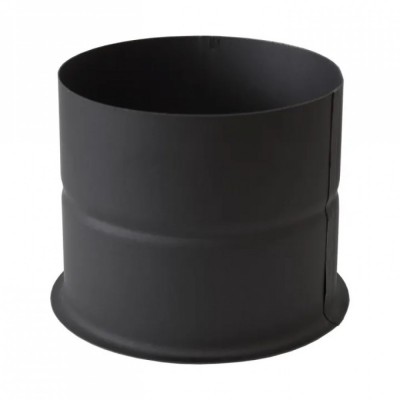
-400x400.jpg)
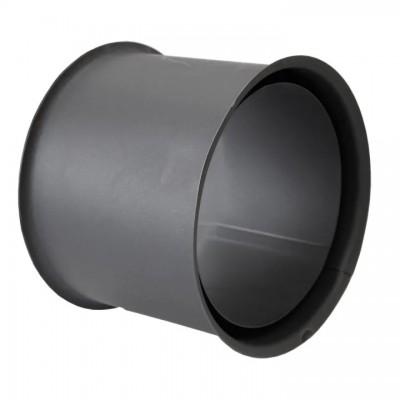
25-400x400.jpg)
